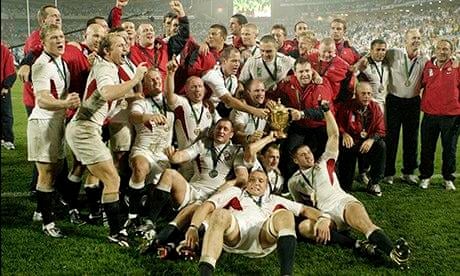Dads Army win the Rugby World Cup in 2003, Martina Navratilova wins her 20th Wimbledon title aged 46 and in 1994 a 45 year old George Foreman KOs Michael Moorer fully 20 years after his Rumble in the Jungle to win another heavyweight title.
If they can become champions in their 30’s and 40’s, surely then there must be an opportunity for the rest of us to be able to compete, train or be active at much greater ages than that.
“Experience is not what happens to you, it is what you do with what happens to you” (Aldous Huxley).
We all know wise older people whose opinions and ideas we value. Conversely we also meet older people who hold entrenched views with limited horizons. Clearly it is not the aging process itself that generates these valued qualities, but the opportunity that being around longer gives us for making mistakes and therefore learning, from recognising the pros and cons of different choices, from broadening ones perspective and valuing others views.
Few of us are trying to become sporting greats, we simply wish to reach and maintain our potential and then slow its decline. As your awareness and understanding of yourself increases, you had better recognise your strengths, weaknesses and the best direction for your time and effort. This experience applied intelligently provides the best opportunity for success, and the good news is it tends to improve with age.
Mental aspects of sporting performance are vital in other areas. Evidence shows that it is the psychological aspects that best discriminates champions from the rest. These findings hold true across a variety of sports and identify the knowledge base held, planning, goals setting, distraction control, pre-performance routines, anxiety management, detailed competition plans, imagery skills combined with high levels of concentration as factors in successful performance.
Looking at physical or sporting success, it seems that there are a myriad of critical factors that may actually benefit from experience. Considering the complexity of sporting or physical success, combining as it does physical, mental, tactical and technical aspects, it is likely that many of us are at the height of those critical non physical factors long after we hit the peak of our physical prowess. The keys seem to be to maintain a healthy body through appropriate conditioning and to maximise the value of the experiences and knowledge that you have acquired whilst minimising and guarding weaknesses that you are aware of but your less canny opponent may fail to recognise.



Recent Comments